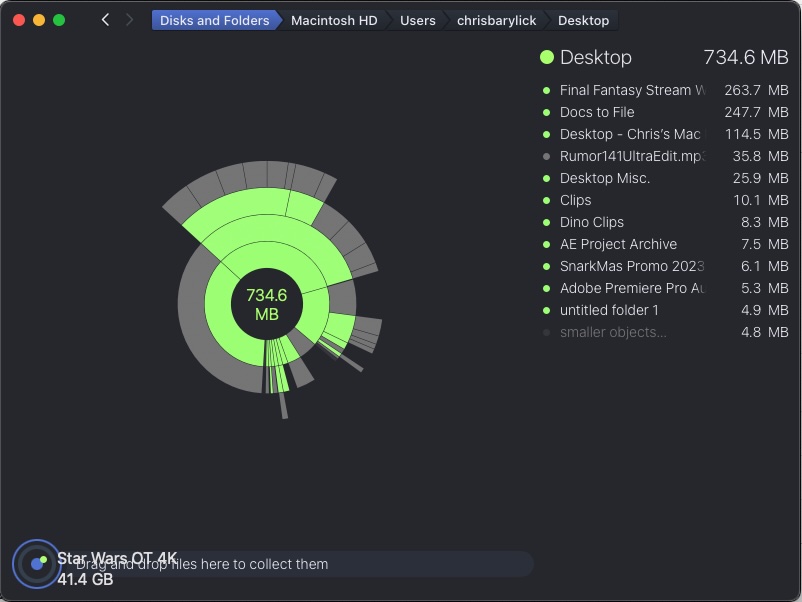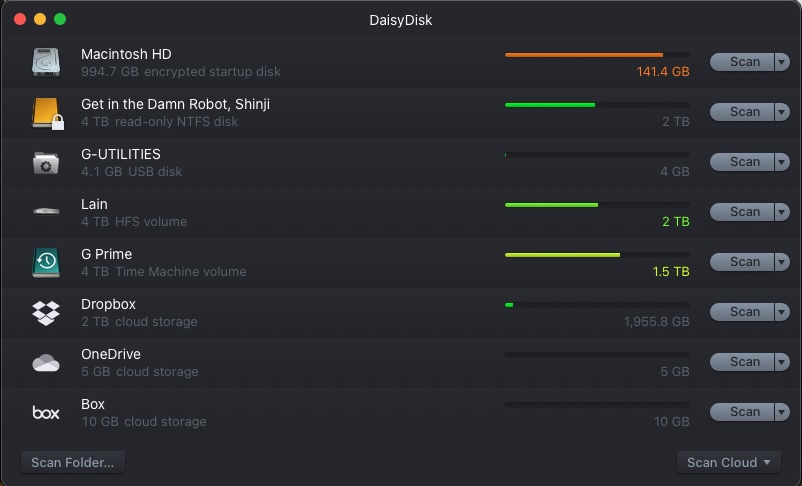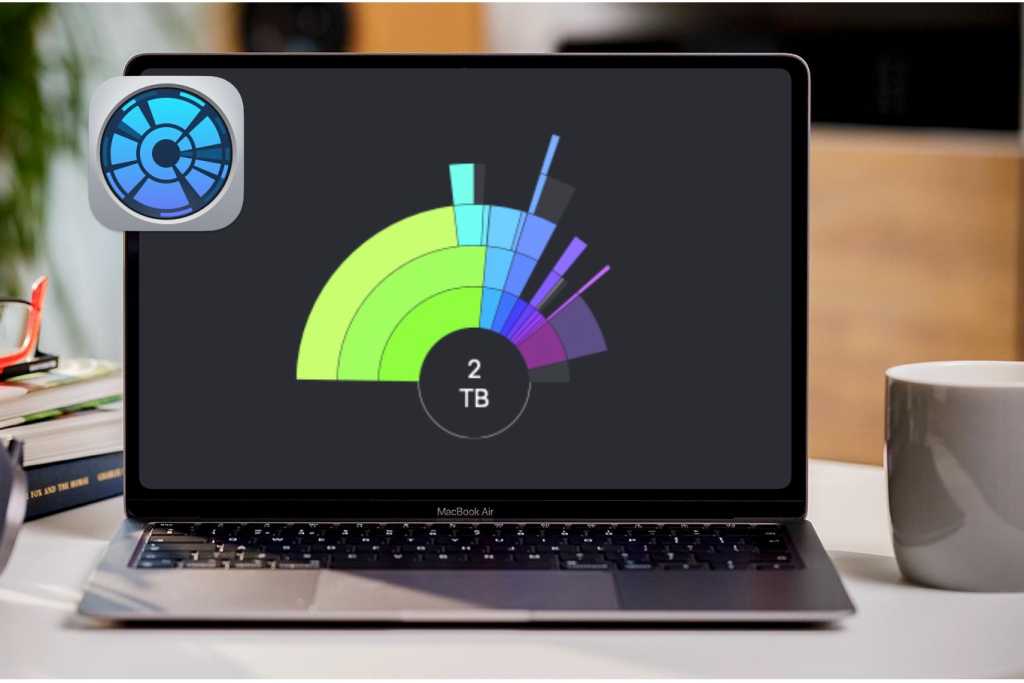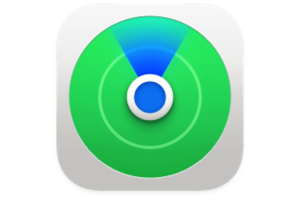
At a glance
Expert’s Rating
Pros
- Interesting, fun UI and approach to removing unwanted files from your Mac.
- Excellent performance and range of supported local, network, and Web-based volumes.
- Great value for money.
Cons
- Unable to easily access Google Drive and iCloud Drive’s online content given sandboxing between the developers.
- Minimal communication from the parent company since 2021 has left users wondering about the future of the product.
Our Verdict
DaisyDisk succeeds in making it pretty simple (and actually somewhat fun) to track down and eliminate space-hogging files on your Mac.
Price When Reviewed
This value will show the geolocated pricing text for product undefined
Best Pricing Today
Software Ambience (One time purchase)
$9.99
Price When Reviewed
$9.99
Best Prices Today: Daisy Disk
Software Ambience (One time purchase)
$9.99
There’s something to be said for discipline and writing a utility that focuses on one set of tasks, does this very well, and doesn’t try to function as every utility under the sun for your Mac. Case in point, DaisyDisk (version 4.30 at the time this review was written) from Software Ambience Corp and developers Teras Brizitsky (who came up with the original idea) and Oleg Krupnov (who currently handles the code and technical support). DaisyDisk sets out to help you visualize the data on your Mac and its local, network, and cloud-based volumes, map it out, see which files are taking up the most space, and help you readily delete them to free up gigabytes of drive space.
This isn’t a new idea, and there have been several utilities in recent years that help you seek out large files and delete them, but with DaisyDisk it’s entirely up to your own discretion as to which files and folders to quickly delete with nothing more than an animated five-second countdown clock and time period in which to cancel the decision.
Like its previous versions, DaisyDisk incorporates a clean, fun, interesting user interface that almost seems to have spawned out of an episode of Star Trek: The Next Generation. Simply download the software, install it, assign it full access to your hard drive, and you’re ready to go.
See how DaisyDisk compares to the competition in our roundup of the Best Mac Cleaners.
DaisyDisk currently supports Apple’s HFS, HFS+, and APFS file formats as well as Microsoft’s FAT, exFAT, and NTFS file systems as well as network volumes via NAS, AFS, Samba, NFS, WebDAV, Novell, Windows, FTP via FUSE, and virtual elements via FUSE and disk images, and can mount and scan just about anything as long as the volume itself is operational. Like its previous versions, DaisyDisk can also mount various cloud-based services such as Google Drive, Dropbox, Microsoft OneDrive, and Box. See our round-up of the best cloud backups for Mac.

Running a quick check of the Desktop folder and the items therein in DaisyDisk 4.30.

Running a quick check of the Desktop folder and the items therein in DaisyDisk 4.30.
Foundry

Running a quick check of the Desktop folder and the items therein in DaisyDisk 4.30.
Foundry
Foundry
In addition to being able to scan entire volumes at once, it’s easy to hit the “Select Folder…” button to navigate to a custom folder, and Apple’s Disk Utility app can be readily accessed from the Manu bar to perform disk repairs on the fly. The app itself retails for $9.99/£9.99 and requires macOS 10.13 High Sierra or later to install and run.
DaisyDisk offers a genuinely fun, interesting approach to mapping out, visualizing, and deleting large files from your Mac. The application is easy to navigate through, right click or control click on an item to bring up a handy preview as to what you’re considering deleting, and drag the item to the lower left hand corner to get ready to remove it from your system.
The app also offers a gamification element in that you’re still able to tweet that you’ve deleted files and freed up hard drive space, and it’s easy enough to turn this option off if you find it annoying.
DaisyDisk’s cloud-based functions continue to prove useful, and it was simple to add my Google Drive, Dropbox, Microsoft OneDrive, and Box accounts, and then connect and sift through them to see which ancient files could be readily put out to pasture to clear up space as needed. The files you think you’ll need forever are rarely ever critical in the long run, and I was able to clear up dozens of gigabytes of space in the process.
Still, there are some bugs to iron out, and it’s not all DaisyDisk’s fault. While it was easy to set up access for the majority of the cloud-based accounts, Google Drive refused to allow DaisyDisk access, stating that the app was blocked and “This app tried to access sensitive info in your Google Account. To keep your account safe, Google blocked this access.” This appears to be a conflict between DaisyDisk’s developers and Google that has yet to be sorted out, and while some workarounds have been proposed online, there seems to be no quick solution to the conflict.
Developer Oleg Krupnov replied to an inquiry and stated that this issue is being addressed, and that Google has recently changed their Google Drive API access policy for third-party apps, and now they require a formal certification by a third-party security authority. As a result, they have temporarily revoked DaisyDisk’s previous ‘verified’ status, and the ‘unverified’ status only allows up to 100 users, which limit has been of course already exceeded. Consequently, new users are currently unable to connect their Google Drive account to DaisyDisk (existing users still can).” Krupnov stated that he is working with Google’s recommended certification partner to pass the required procedure, but it’s hard to give an estimate as to when this will be completed.

DaisyDisk’s Home Screen, complete with cloud-based accounts added for analysis. 
DaisyDisk’s Home Screen, complete with cloud-based accounts added for analysis.
Foundry

DaisyDisk’s Home Screen, complete with cloud-based accounts added for analysis.
Foundry
Foundry
DaisyDisk users are also currently unable to add and sort through Apple’s iCloud Drive accounts given Apple’s sandboxing of the environment. Yes, you can scan a local copy of your iCloud Drive contents using the “Scan Folder…” button but not the Web-based data, which is frustrating, and comes down to contention between developers and their needs. DaisyDisk’s developers have posted a guide to the issue, but until certain concessions are reached between the two sides, the issue will remain for the foreseeable future.
Should you buy Daisy Disk?
In spite of the cloud-based bug, DaisyDisk still offers an excellent value for its $9.99 price point, runs well under macOS 15 Sequoia, and is a fun approach to clearing out files that are chewing up space and have overstayed their welcome. The only other downside is that there hasn’t been a significant amount of development with the app this year, the version number only jumped from version 4.20.3 to version 4.30 between 2021 and 2024, although Krupnov did state that version 5.0 is in development. “DaisyDisk is going through a major overhaul of its codebase in order to accommodate new features, this is why it’s taking longer than usual, but we’re heading to our goal.” There’s an excellent app to be had here, it knows its focus, it doesn’t try to package a dozen different tools in at once (including one that’ll paint your house as you sleep this weekend), and it’s worth looking into.




